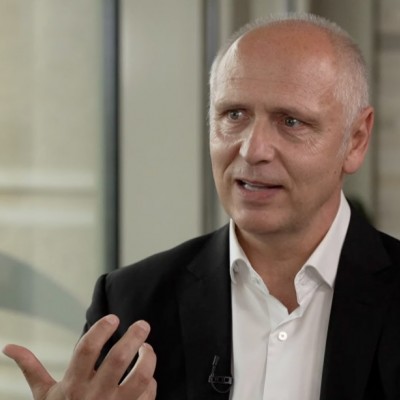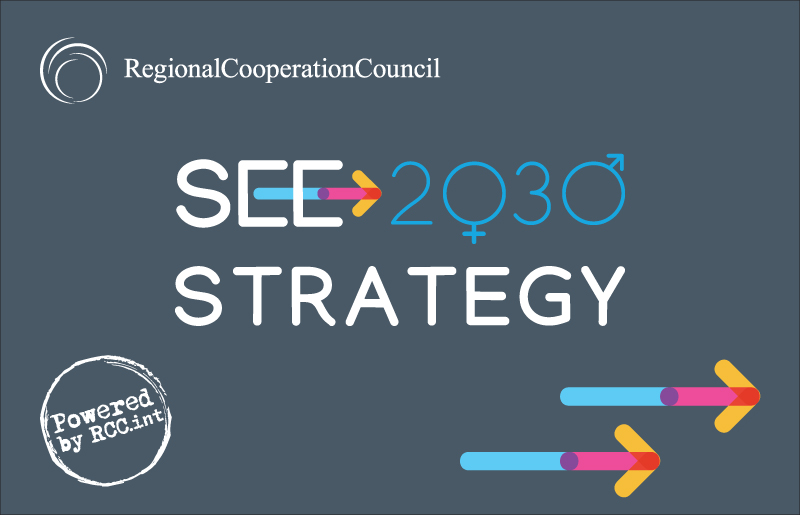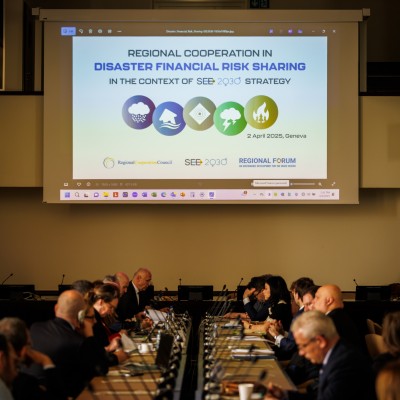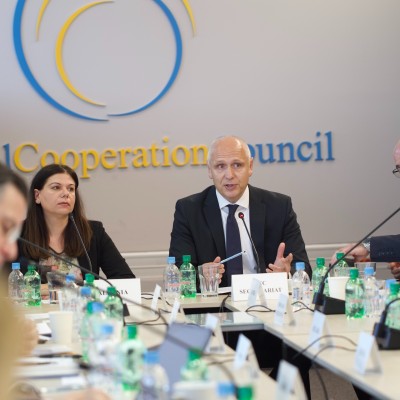The leaders of the thirteen economies of South East Europe (SEE) adopted the SEE2030 Strategy at the South East European Cooperation Process (SEECP) Summit in Antalya, in June 2021.
The SEE 2030 Strategy is a joint call for action by all 13 SEE economies. Through regional cooperation the Strategy seeks to promote and advance the implementation of UN Sustainable Development Goals within the SEE region across the three dimensions of sustainable development:
- Prosperity
- People
- Peace and Partnerships
By supporting the design of regional, all-inclusive and coherent policies, the aim is to achieve regionally sustainable economic growth in order to reduce poverty and inequalities, improve social inclusion, empower women, decelerate depopulation, enhance the overall quality of life for citizens and accelerate the green and digital transition without disrupting competitiveness and private sector development.
Led by the principles of green and digital transformation, the SEE 2030 Strategy is fully in line with global development trajectories and European Union (EU) priorities, thereby also serving to promote Euro-Atlantic integration. Furthermore, it will complement the recovery of the region following the outbreak of the COVID-19 pandemic and contribute to strengthening the resilience of societies to external shocks and challenges.
The core principle of action under this Strategy is to support designing regional policies for the whole of society and to prioritise actions to leave no one behind.
By adopting the SEE 2030 Strategy at the highest political level in SEE, the thirteen SEE economies are committed to reaching 45 different socio-economic targets in line with the UN SDGs and Agenda 2030.
Background
The SEECP participants’ leaders had tasked the RCC at the SEECP Summit held in 2019 to develop a long-term strategy for the South East European region, following the successes and lessons learned from the previous SEE 2020 Strategy and based on the United Nations Sustainable Development Goals (UN SDGs). The RCC developed the SEE 2030 in a highly collaborative process to ensure maximum regional ownership, with inputs from public authorities of all thirteen SEECP participants as well as their civil society, public sector, think tanks and academia representatives, led by the principles of a bottom-up approach. Participation of a wide range of regional and international organisations and international financial institutions during the preparation of the document provided a high level of synergy which will continue throughout the implementation stages.
Documents
Videos
* This designation is without prejudice to positions on status, and is in line with UNSCR 1244 and the ICJ Opinion on the Kosovo declaration of independence.














